National Grant to Add Over 116,000 LGBTQ Spaces to Mapping Project
The Mapping the Gay Guides project preserves historic LGBTQ travel guides of the United States.
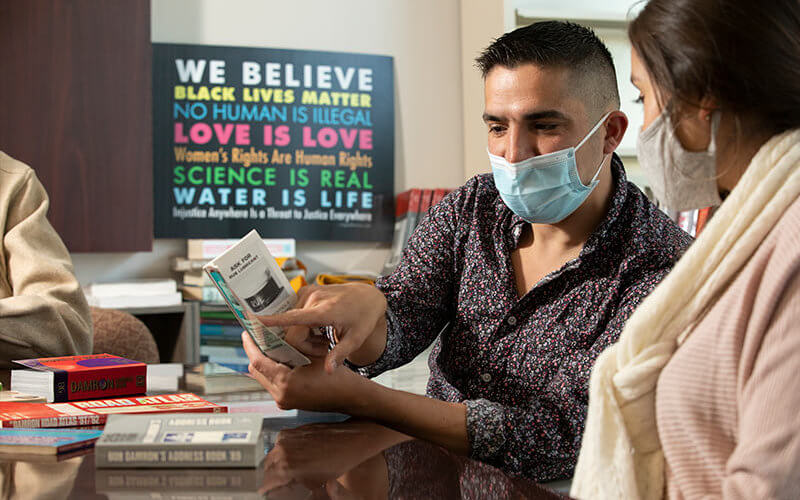
The Mapping the Gay Guides project preserves historic LGBTQ travel guides of the United States.

Cal State Fullerton was named an inaugural Fulbright Hispanic-Serving Institutions Leader for 2021. The university was one of 35 institutions selected.

Titans reflect on their historic gold medal wins at the Tokyo Olympics.
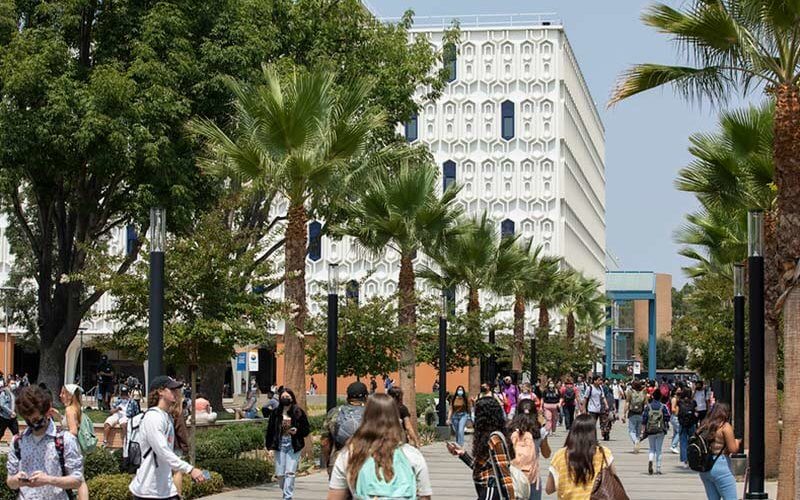
Reenrollment specialists reaching out to students who didn’t register for fall semester resulted in more than 1,500 reenrolling.
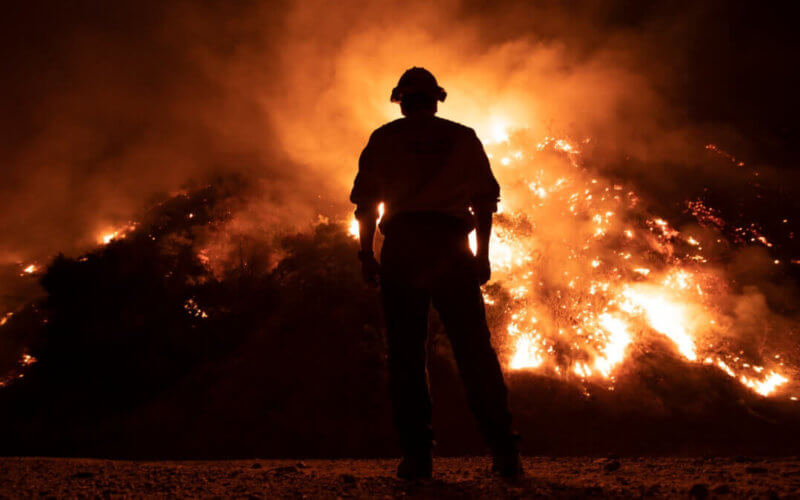
Nearly one-third of California’s population lives in areas vulnerable to wildfires. A faculty and student engineering team is using artificial intelligence to save property — and lives.

Seven business leaders and entrepreneurs are among the incoming members of the university’s Philanthropic Foundation Board of Governors.
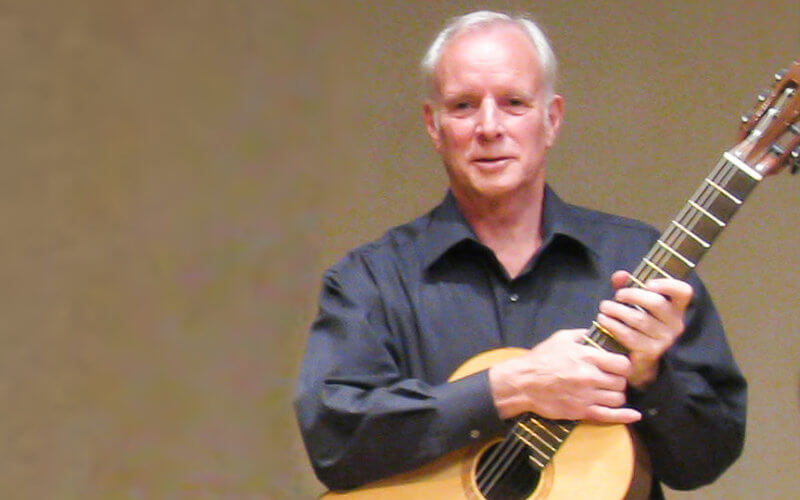
David Grimes, lecturer emeritus in music, is Grimes is founded the classical guitar program at Cal State Fullerton.

Economists Anil Puri and Mira Farka forecast lower economic growth and higher inflation over the next 12 months.

Alumnus Brian Crosby ’07 (BFA, art-illustration) landed his dream job as creative director of Marvel Themed Entertainment.
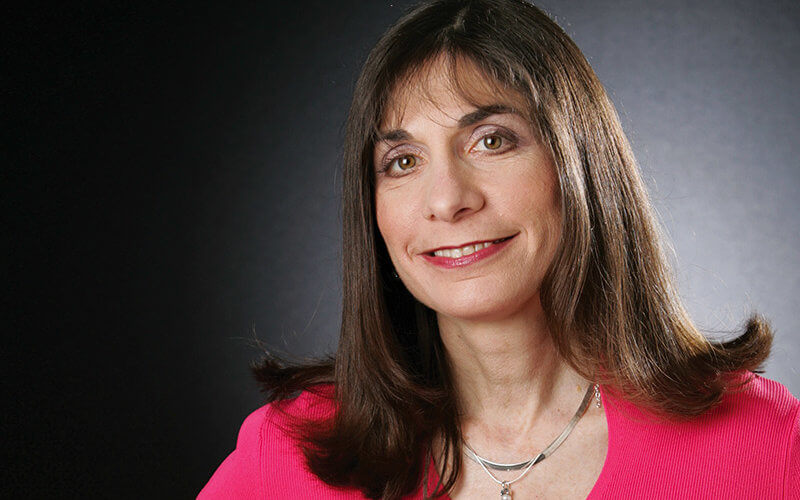
Nancy L. Segal discusses her latest book, “Deliberately Divided: Inside the Controversial Study of Twins and Triplets Adopted Apart,” out Nov. 8.